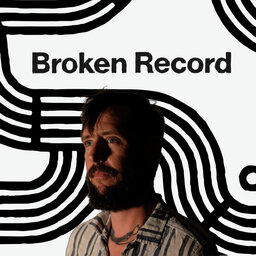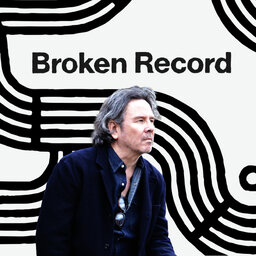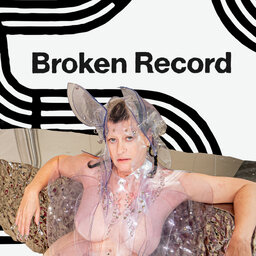Neil Young, Part One
When we first talked about making Broken Record, we had a short list of absolute dream guests for the podcast and Neil Young was at the top of that list. So when Neil’s new record, Barn, was announced and we were told he wanted to speak with Rick about it we were beyond excited.
On today’s episode, Rick and Neil talk about the new album, and all of the archival projects he plans on releasing in the coming year. They also reminisce about the time they spent working together on some abandoned songs in 1997 that may soon be released. And Neil’s time in a Rick James fronted band that was signed to Motown, and how Neil drove from Canada to LA in a hearse. The two talked for so long we decided to make this the first of two episodes with Neil Young.
Subscribe to Broken Record’s YouTube channel to hear all of our interviews: https://www.youtube.com/brokenrecordpodcast and follow us on Twitter @BrokenRecord
You can also check out past episodes here: https://brokenrecordpodcast.com
Check out our favorite Neil Young songs HERE.
Learn more about your ad-choices at https://www.iheartpodcastnetwork.com
 Broken Record with Rick Rubin, Malcolm Gladwell, Bruce Headlam and Justin Richmond
Broken Record with Rick Rubin, Malcolm Gladwell, Bruce Headlam and Justin Richmond


